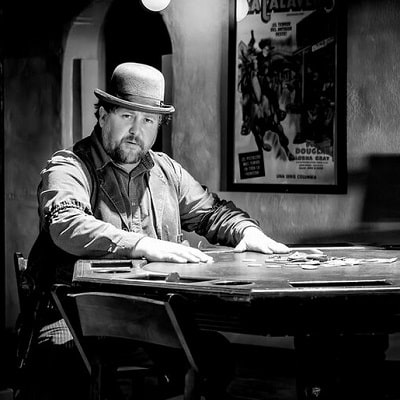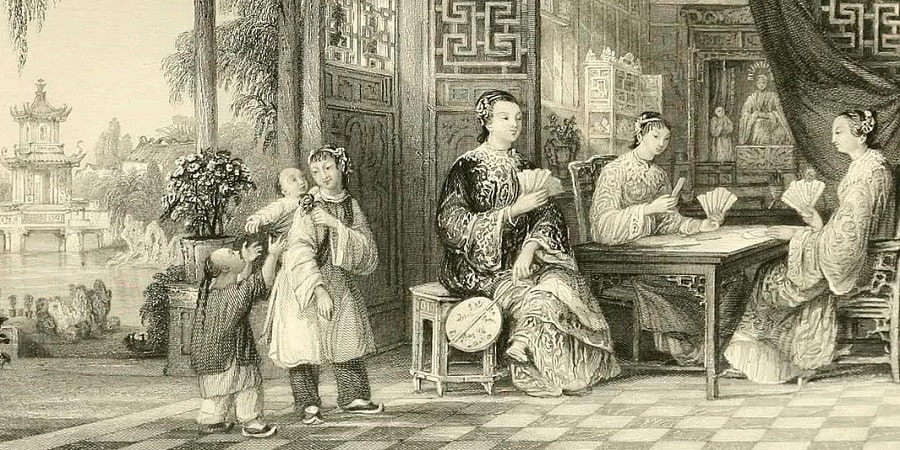History of Poker: A Brief Course

We don’t know when the first game of poker was played, but we still know the history of this popular card game which has been around since time immemorial.
Poker: from ancient China to the modern era
Since ancient times, card suits have been associated with social classes: spades for nobles, diamonds for merchants, hearts for clergymen and clubs for commoners.
Poker, which was played more than a thousand years ago, was a very different game from what we are used to seeing today.
The game’s origins can be traced back to the 10th century in the Chinese Empire. Emperor Mu Zeng’s favourite pastime was playing paper dominoes. The court made bets on the different layouts, which further excited the emperor and caused a frenzy of excitement. Ancient Egyptian history from the 12th and 13th centuries also mentions card games.
Then such a method of entertainment as cards was encountered by historians in Persia in the 15th century. By the way, the now popular “joker” was invented by the Persians. Cards were enjoyed by nobles and common people alike. The aristocrats’ deck had 96 bone or wooden cards, and more budget variant was a deck of 25 paper pictures, distributed on 5 decks.
Along with silk and spices, gambling came to Europe from Persia. This mode of entertainment quickly gained popularity in Germany, France and England. The rules varied widely, but the winner was always the one with the strongest combination. The cards were firmly lodged in the European mind – people got rich and broke, got into debt and made their fortune.

The first known “book about gambling” is owned by Spanish mathematician Gerolamo Cardano. His work describes the strategy of a popular game.
Such a concept as bluffing became increasingly popular. One had to have excellent acting and iron stamina to be able to use it. There is even a legend about a certain Adela, who learned how to bluff so professionally that she beat even the most famous poker masters. Adela’s goal was to free her son, who had been imprisoned for numerous gambling debts. However, even after his release, the woman never gave up her hobby until she was very old.
From Europe the game spread to the North American continent, first to Canada and then to America. The modern interpretation of poker was given there, in New Orleans, and became a national treasure.
The name and the term ‘poker’ were also invented by American cheat Jonathan Harrington Green, better known as ‘Captain Green, Lover of Fortune’. He once managed to scoop a pot of €23,000 – a considerable sum for the 19th century.
In the twilight of his gambling career, Green published a book entitled ‘Unveiling the Tricks of the Cheat’ where he revealed many of the secrets of his victories.
Poker today
The fame of the game of chance spread around the world. Casinos have opened in major cities, the rules have constantly changed, and different types of game have appeared – some are still at the peak of popularity. Among these is Texas Hold’em.
In the late sixties, Texas played host to the first major poker competition and started the World Series of Poker. The title went to Crandell Addington, who still holds the world record for the most wins to this day. The first official poker tournament took place two years later at the Horseshoe Benin Casino in Las Vegas. Today, Johnny Moss, Stu Anger and Doyle Brunson can be considered the most successful and experienced players. They have become legends in the poker industry.
